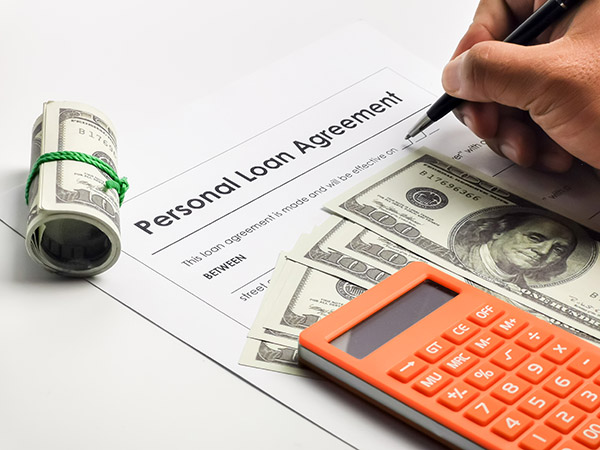Loans are an essential financial tool that can help individuals and businesses achieve their goals, whether it’s buying a home, starting a business, or covering unexpected expenses. However, not all loans are created equal. Understanding the different types of loans available, their features, and their best uses is crucial for making informed financial decisions.
In this guide, we’ll break down the most common types of loans, their purposes, and what you should consider before applying.
What Is a Loan?
A loan is a financial agreement where a lender provides funds to a borrower with the expectation of repayment over time, typically with interest. Loans can be classified based on their purpose, repayment terms, or the type of lender offering them.
Types of Loans
1. Personal Loans
Best For: Consolidating debt, large purchases, emergencies.
Key Features:
- Unsecured (no collateral required).
- Fixed interest rates and monthly payments.
- Loan amounts range from $1,000 to $100,000 depending on creditworthiness.
Pros: - Flexibility in usage.
- Fast approval times.
Cons: - Higher interest rates for borrowers with poor credit.
2. Mortgage Loans
Best For: Purchasing or refinancing real estate.
Key Features:
- Secured by the property itself.
- Long repayment terms (15–30 years).
- Fixed or adjustable interest rates.
Types of Mortgage Loans: - Conventional Loans: Not backed by the government.
- FHA Loans: Insured by the Federal Housing Administration, ideal for first-time buyers.
- VA Loans: For eligible veterans, offering favorable terms.
Pros: - Helps build equity in real estate.
- Tax-deductible interest (in some cases).
Cons: - Strict eligibility requirements.
- Risk of foreclosure if payments aren’t made.
3. Auto Loans
Best For: Purchasing vehicles.
Key Features:
- Secured by the vehicle being purchased.
- Repayment terms typically range from 3–7 years.
Pros: - Competitive interest rates.
- Easier approval process.
Cons: - Risk of repossession if payments aren’t made.
4. Business Loans
Best For: Entrepreneurs and businesses needing capital.
Key Features:
- Can be secured or unsecured.
- Wide range of amounts and terms.
Types of Business Loans: - SBA Loans: Backed by the Small Business Administration.
- Lines of Credit: Flexible borrowing for operational expenses.
- Equipment Financing: For purchasing business-related equipment.
Pros: - Can fuel business growth.
- Tax-deductible interest for business purposes.
Cons: - May require a strong business plan and good credit.
5. Student Loans
Best For: Financing education.
Key Features:
- Can be federal or private.
- Repayment often begins after graduation.
Federal Loans: - Lower interest rates and flexible repayment options.
Private Loans: - Higher limits but stricter terms.
Pros: - Enables higher education access.
Cons: - Potential for long-term debt.
6. Payday Loans
Best For: Short-term cash needs.
Key Features:
- High-interest, short-term loans.
- Typically due on the next payday.
Pros: - Easy to qualify for.
Cons: - Extremely high interest rates and fees.
How to Choose the Right Loan for Your Needs
- Assess Your Purpose: What do you need the loan for?
- Understand Your Creditworthiness: Check your credit score to determine eligibility.
- Compare Terms: Look at interest rates, fees, and repayment terms.
- Read the Fine Print: Be aware of any hidden fees or prepayment penalties.
- Plan for Repayment: Ensure you can meet the monthly payment obligations.
FAQs About Loans
What is the difference between secured and unsecured loans?
- Secured loans require collateral (e.g., a home or car), while unsecured loans do not. Secured loans typically have lower interest rates but higher risks for borrowers.
How do lenders determine interest rates?
Lenders consider factors like credit score, loan amount, repayment term, and economic conditions.
Can I repay a loan early?
Many loans allow early repayment, but some may charge prepayment penalties. Always check the terms.
Final Thoughts
Understanding the different types of loans is the first step to making smart financial decisions. Whether you’re planning a major purchase, investing in your education, or starting a business, choosing the right loan can make all the difference. By assessing your needs, researching your options, and planning carefully, you can set yourself up for success
If you found this guide helpful, share it with others! For more insights into managing your finances and improving your financial literacy, subscribe to our blog today.



